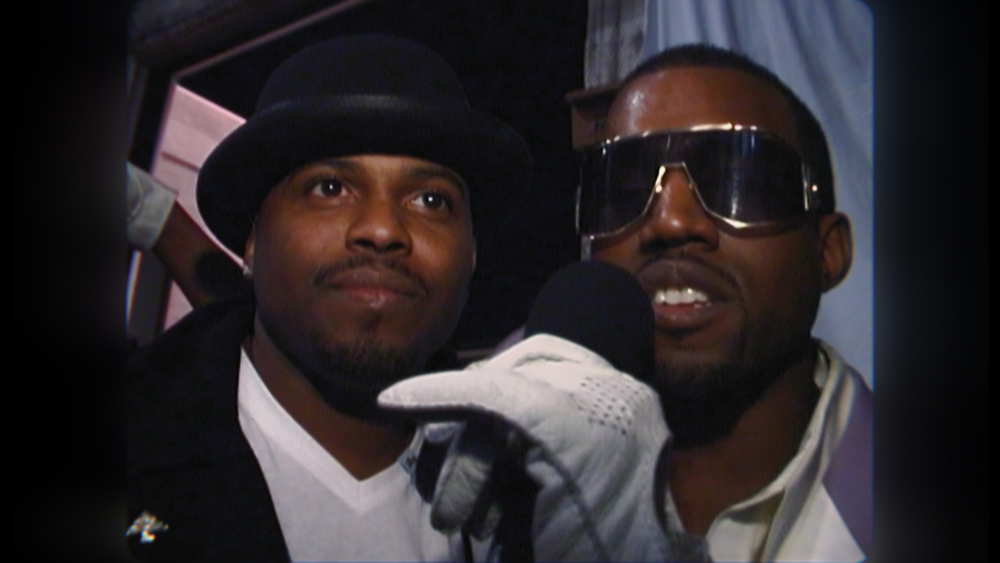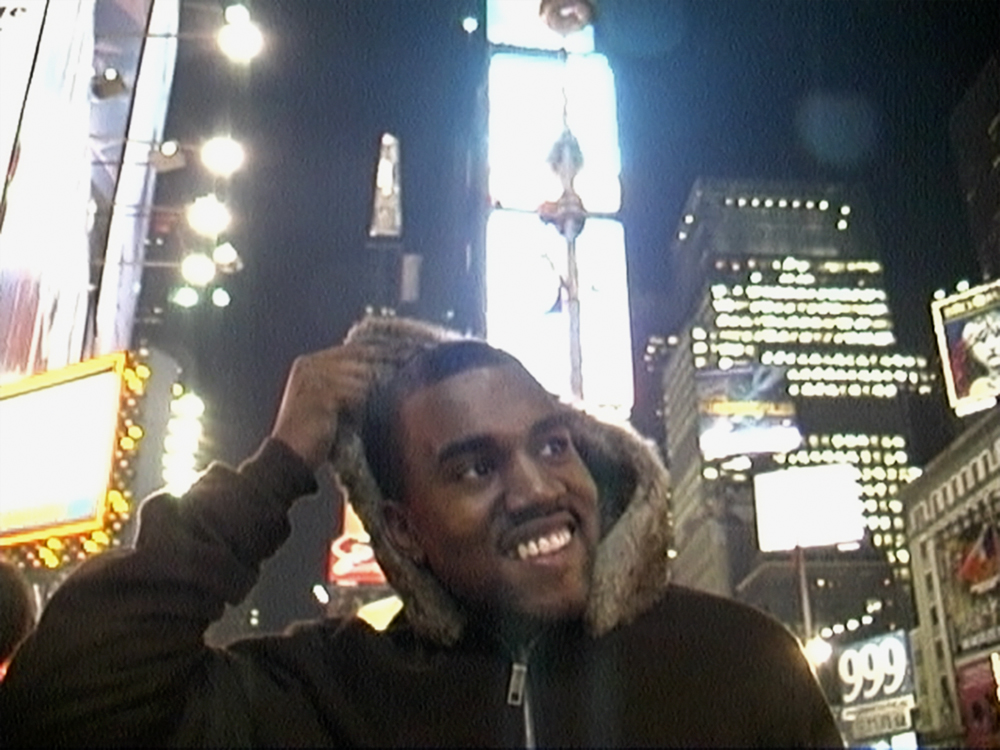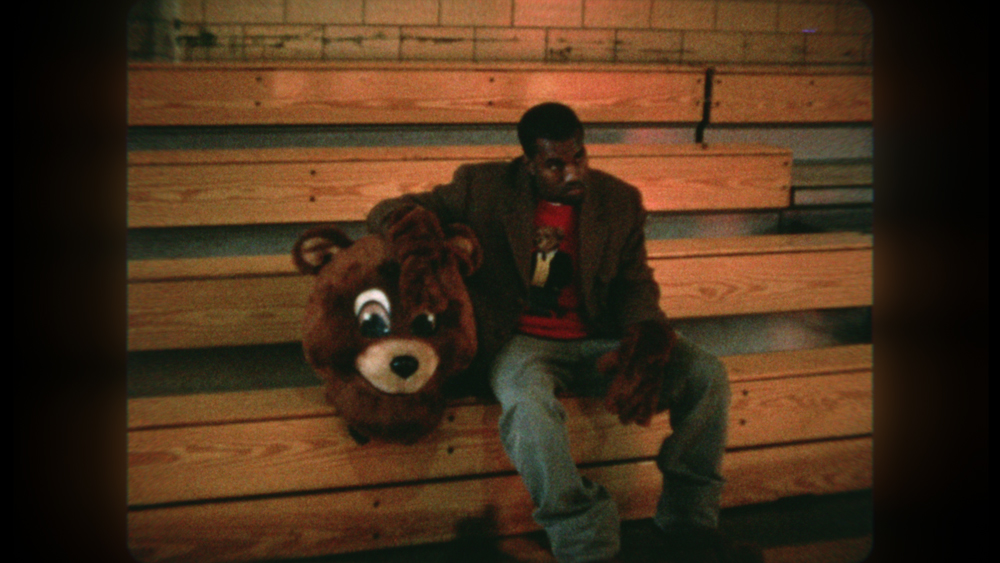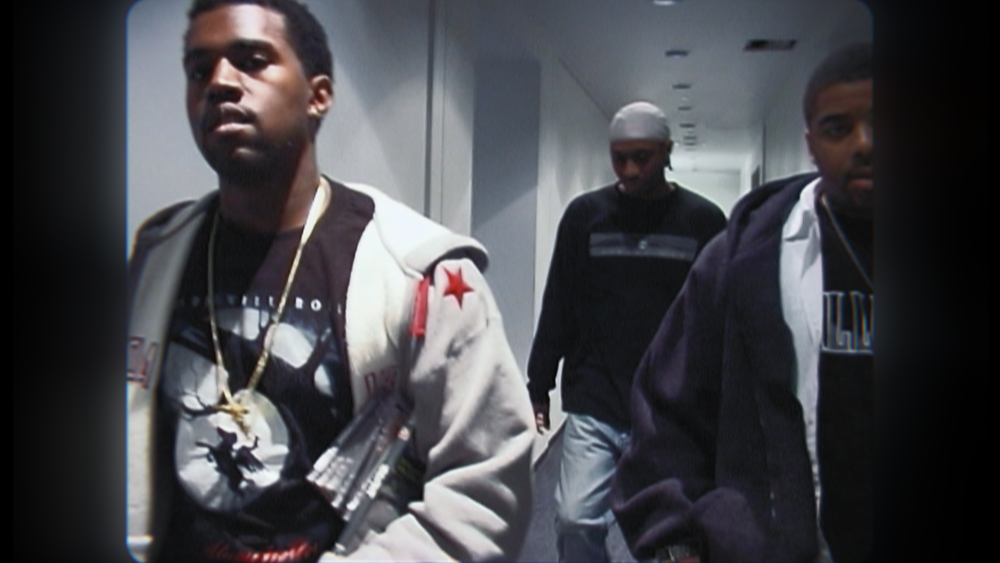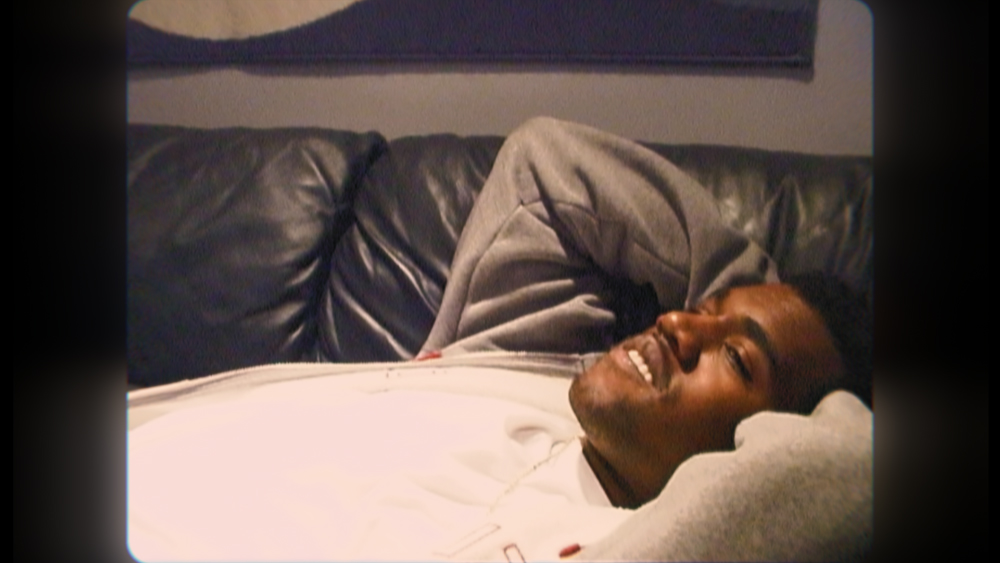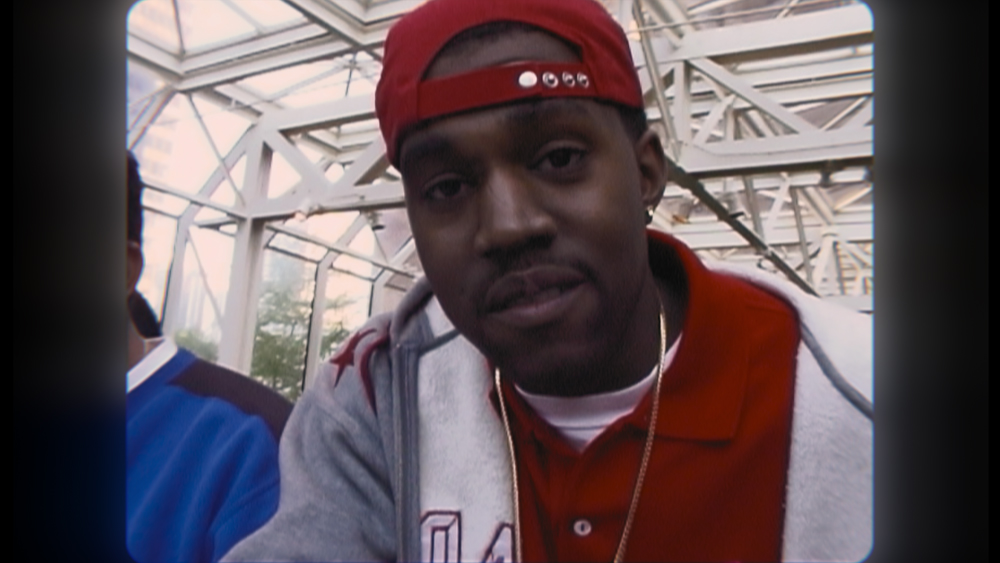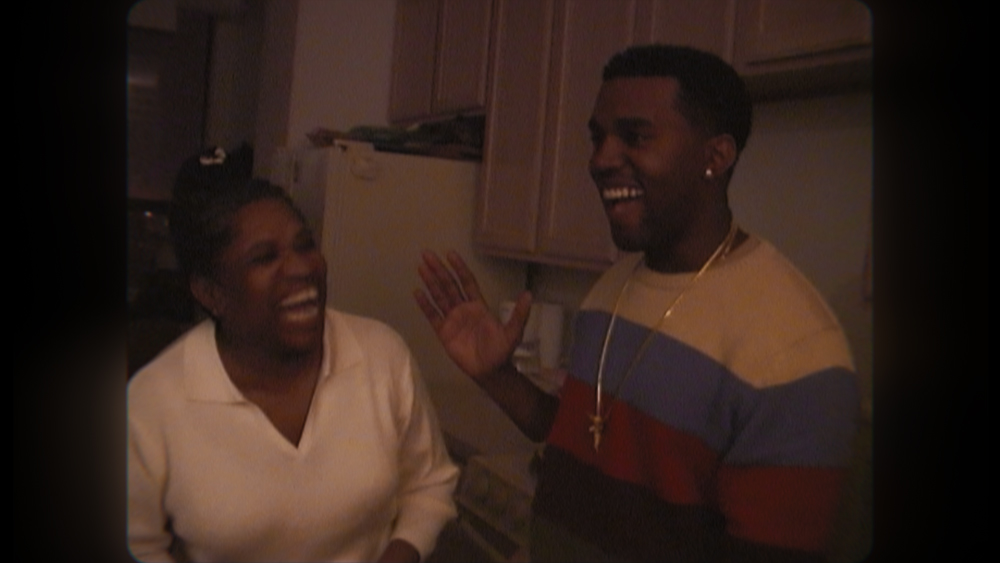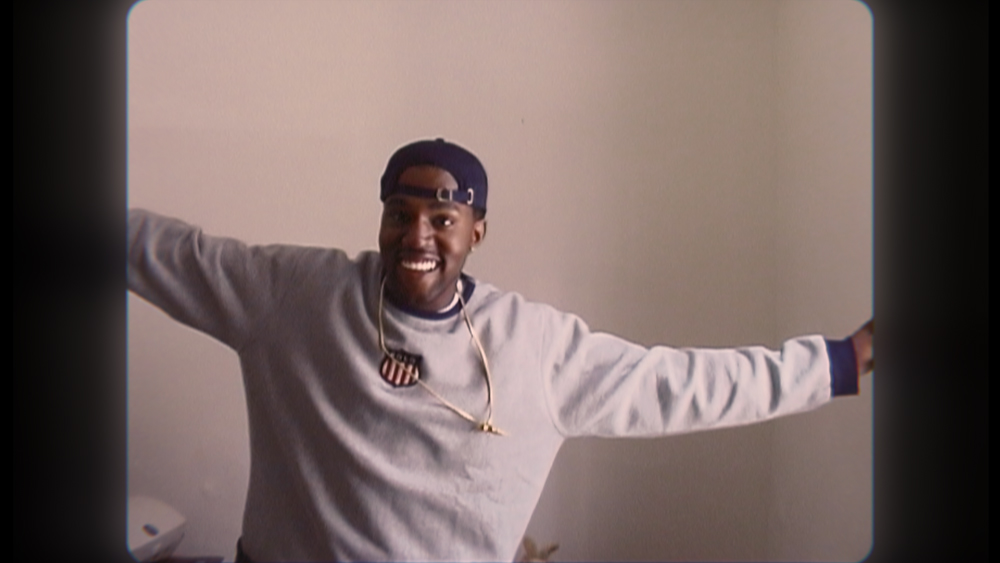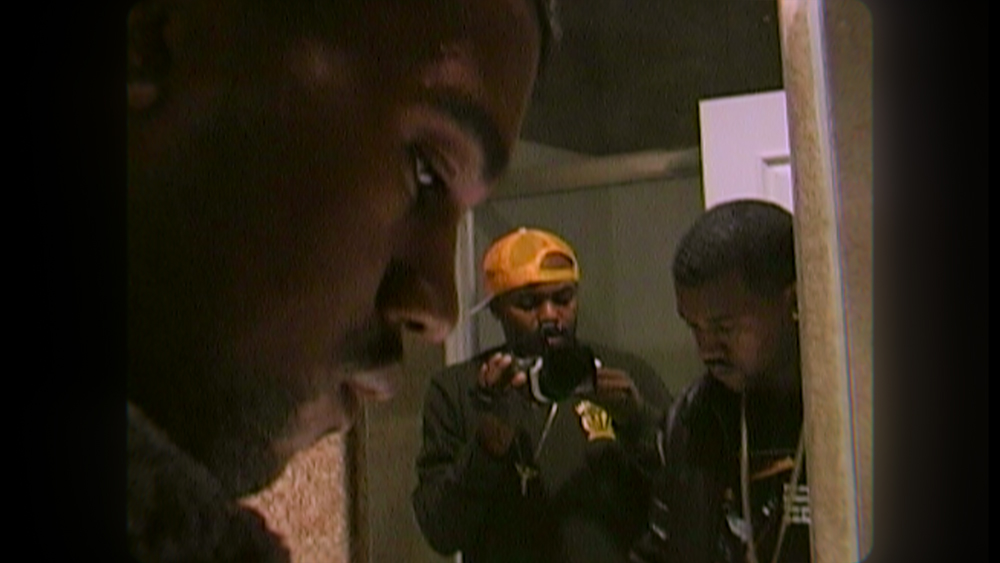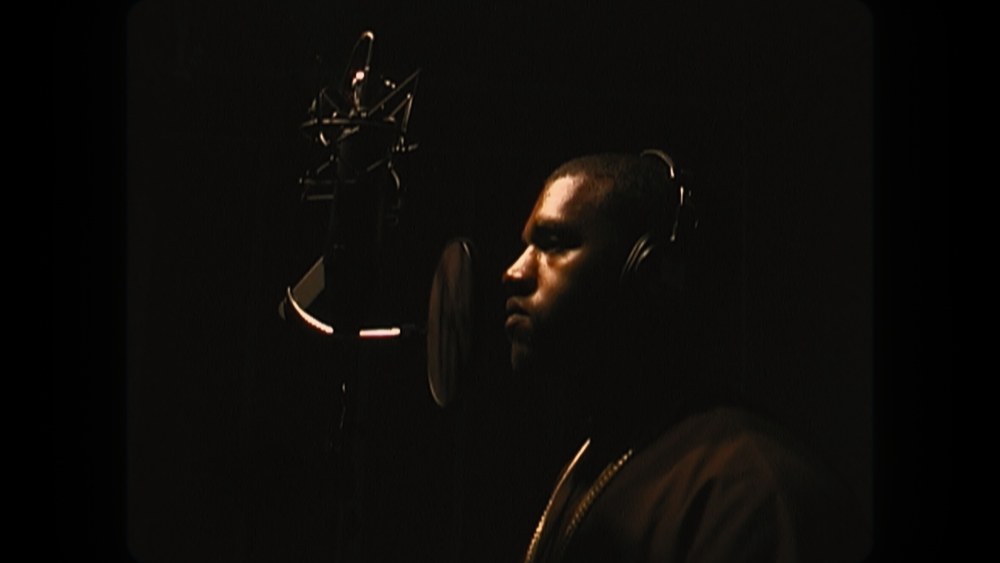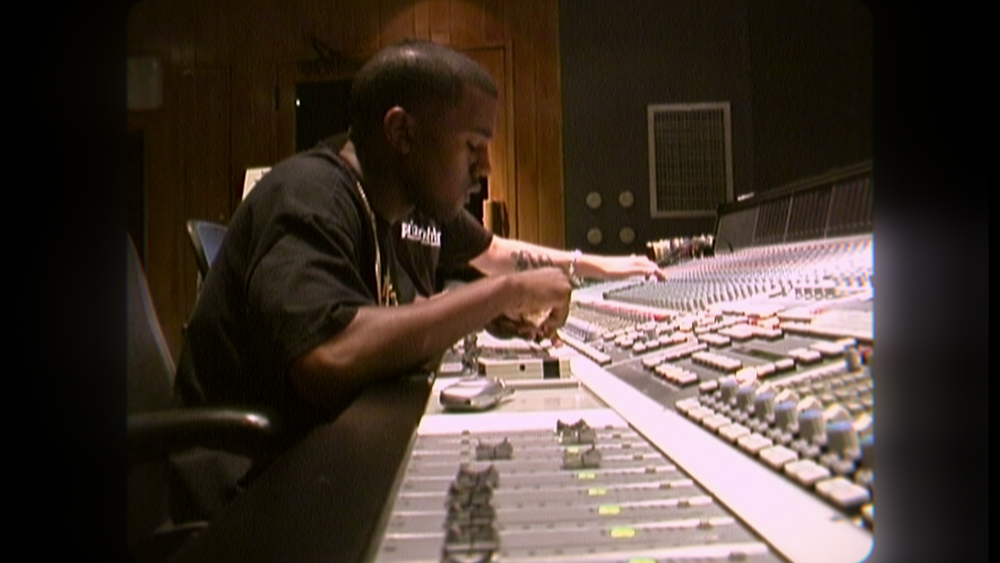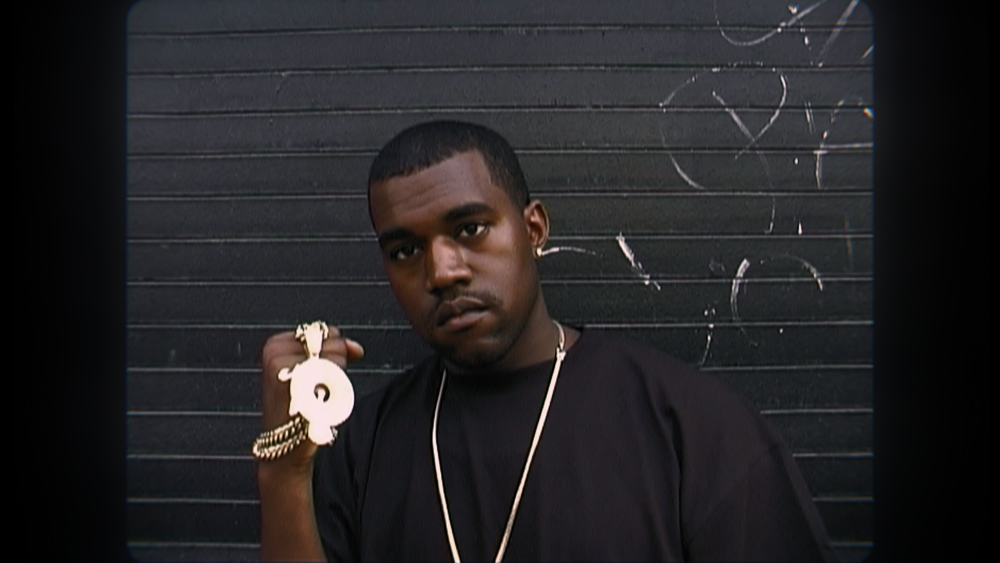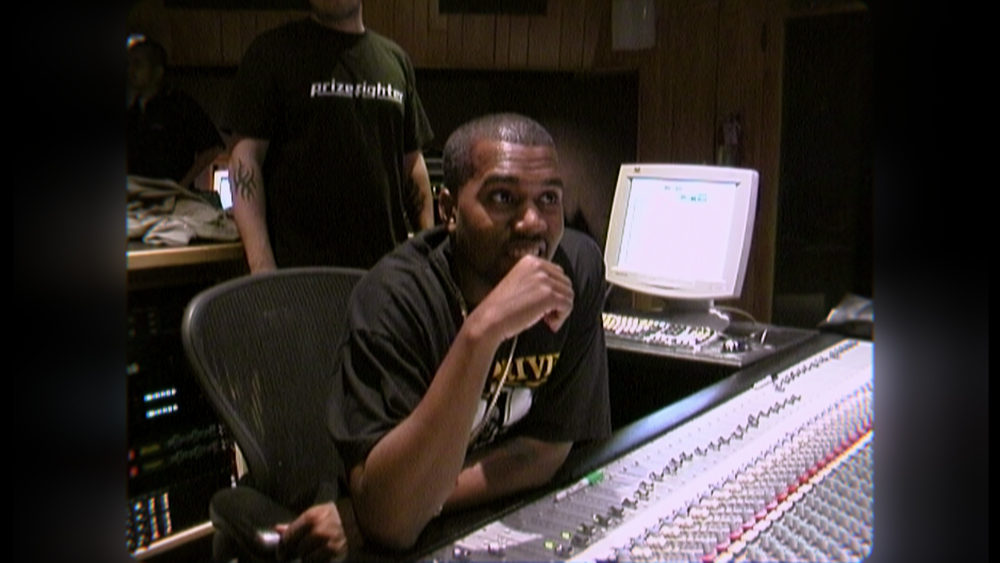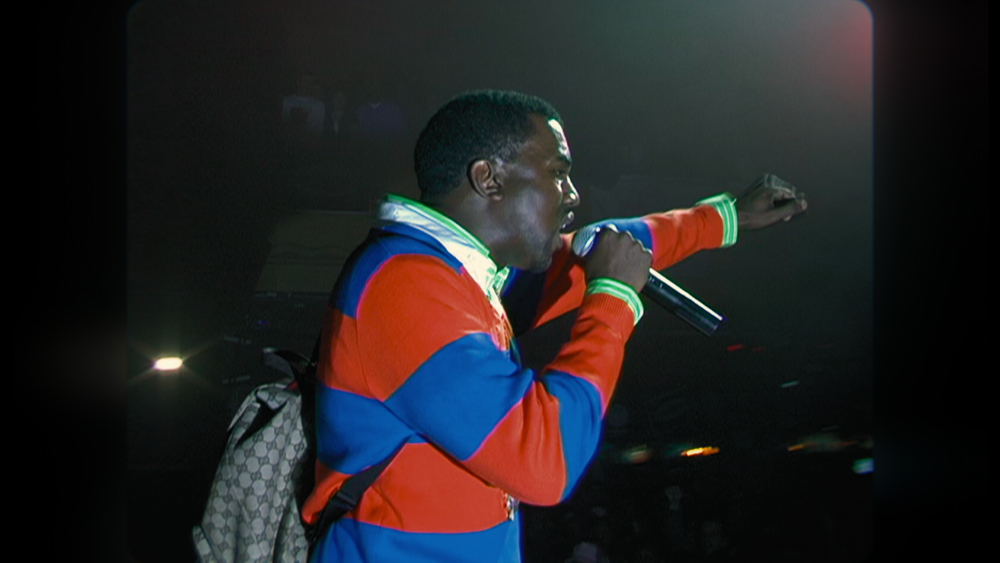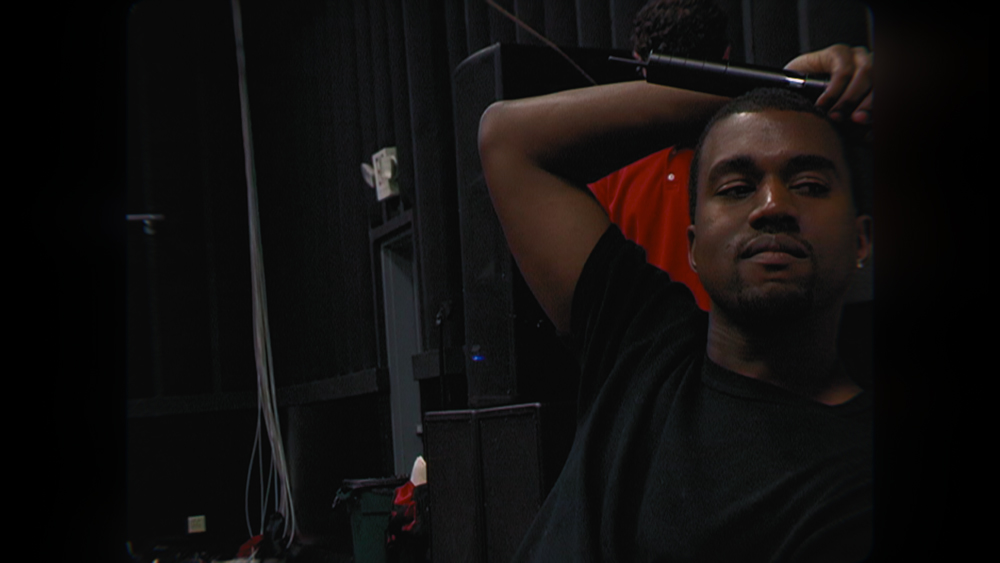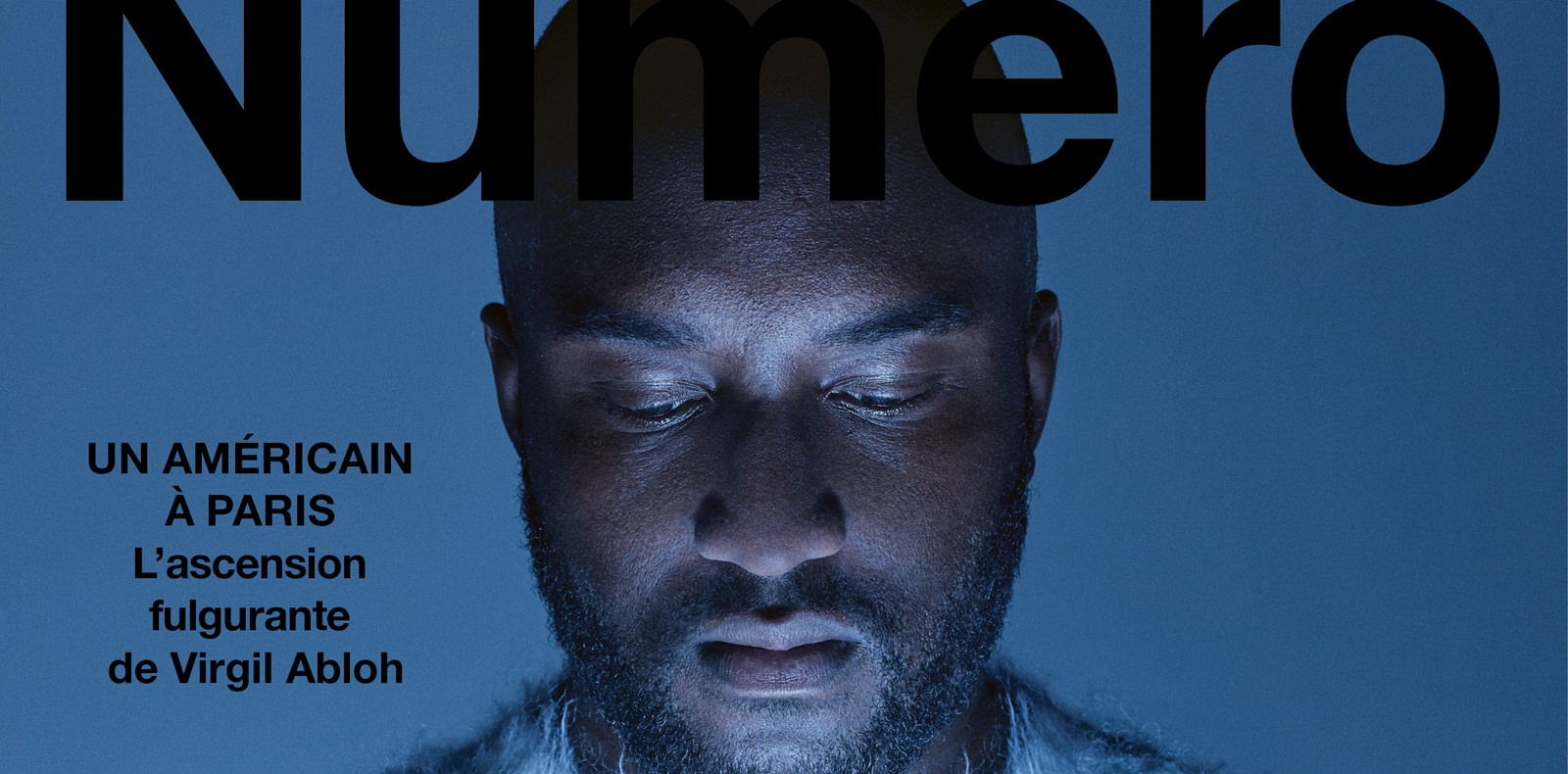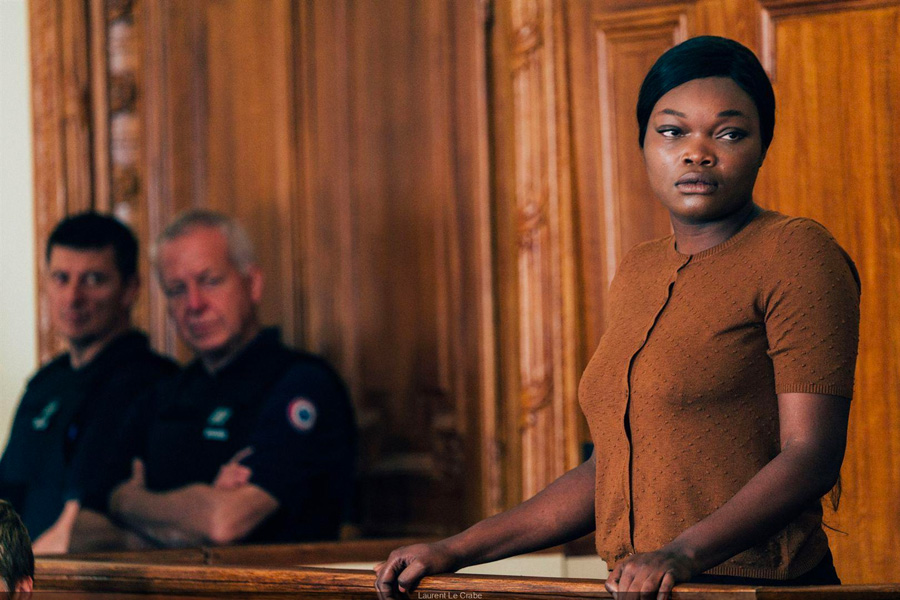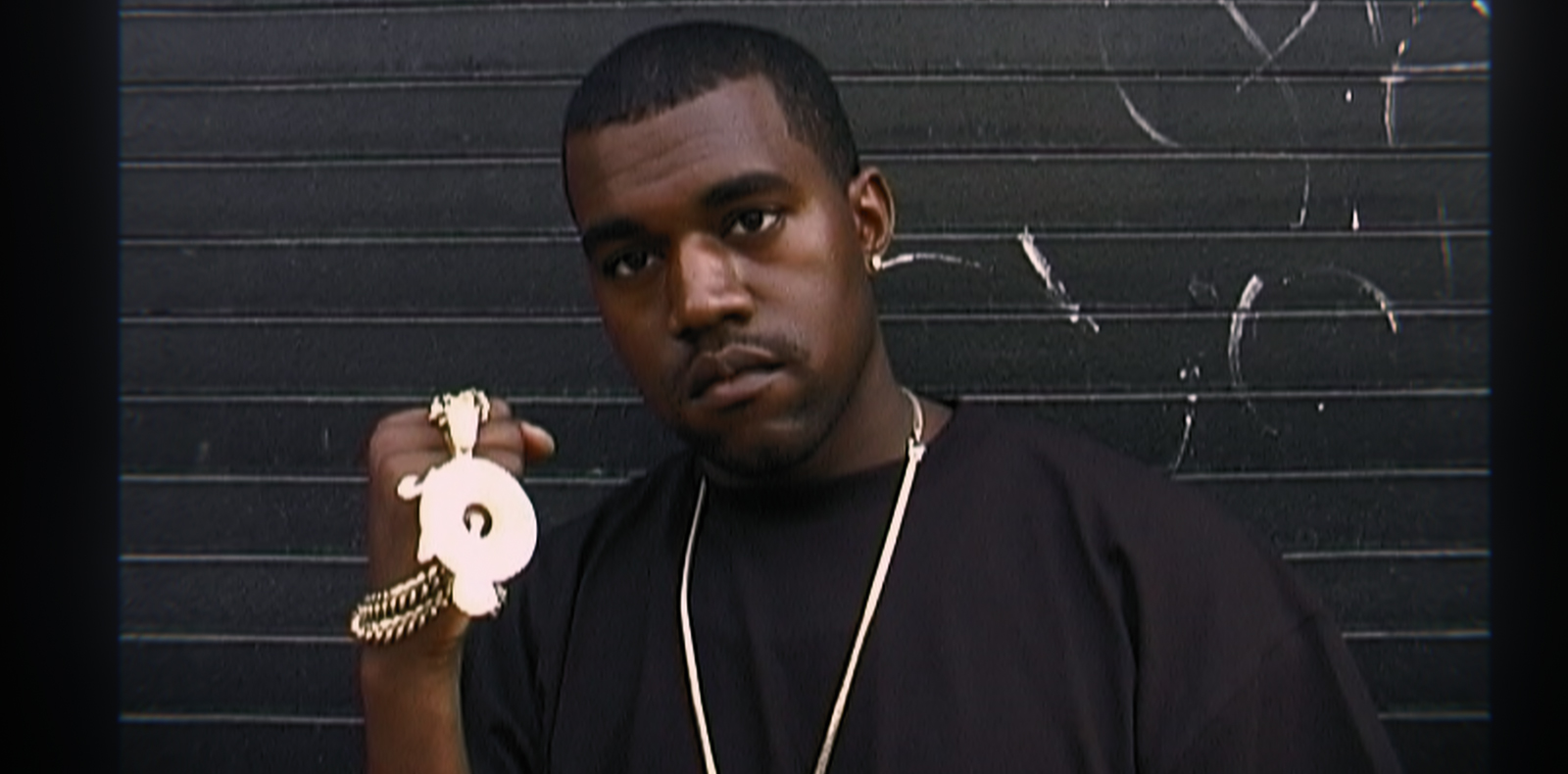
25
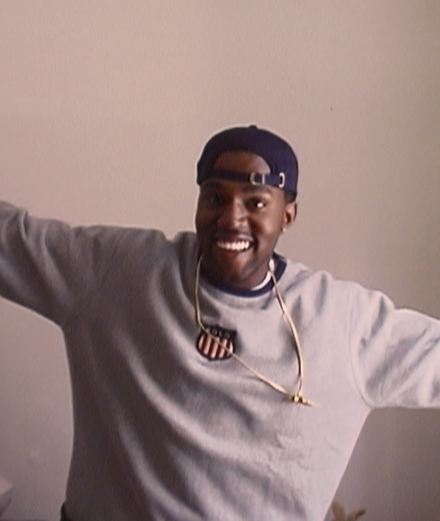
25
Kanye West on Netflix: major publicity stunt or truthful testimony?
Signée Clarence ‘Coodie’ Simmons, la première partie du documentaire sur Kanye West est enfin disponible sur Netflix.
By Chloé Sarraméa.
Fans won’t learn much. Rookies on the other hand will be amazed to discover the first steps of a producer who dreamt of being a rapper and saw himself from a young age, as Aznavour coyly sang, as the star of the show, even if it meant crushing anyone who stood in his way –including competitors and close friends. No one however is that clueless about Kanye West’s career. Almost everyone has had their eyes on him because for months now he has been bombarding the world with paparazzi-style images of his private life, online and off-kilter outbursts, dubious political stances and pledges of allegiance to Jesus that are repetitive to the point of fanaticism. Because he considers that he is Jesus and that he is the apostle who, with his art, will change the face of the Earth. Because he has been sent by God to translate this prophecy into human language: Kanye West is the genius who, in addition to revolutionising music, is going to change the way we think about artists. And about what it means to be one.
And he has succeeded. This is what the first part of the three-part documentary, released on Netflix and simply and outrageously entitled Jeen-Yuhs (“genius”), shows through a whole lot of unseen archive footage taken from hundreds of hours of rushes shot in the early 2000s. His friend Clarence “Coodie” Simmons decided, when Kanye West had only just turned twenty and he himself was already somewhat renowned in the rap world for his filmed interviews, to follow him camera in hand and help him become famous. This clearly demonstrates the often deceptive power of images. In the first episode (the only one we’ve been able to view so far), Coodie intertwines personal and historical narratives: he adds personal videos leading us to believe that it was he and his love of camcorders – which dates back to his childhood – that propelled the rapper to the heights of American hip-hop.
If the film – driven by the director’s ego – sometimes implies that this documentary compelled Jay-Z, Damon Dash and Kareem Burke, the bosses of the Roc-A-Fella label, to sign Kanye West and release his first album, The College Dropout, amateurs and fans are not fooled. They already know by heart the recipe for the success of the Chicago kid who became a superstar: a combination of nerve, perseverance, stubbornness and a touch of madness. The point here is not so much about exposing new facts, or slipping, like a fly on the wall, into the lair of the all-powerful hip-hop business that crushes the weakest and elevates the strongest. Already, in the long epilogue to his first album released in 2004, Kanye West had spilled the beans about its conception: the deal that was almost signed with Capitol, thanks to a certain Joe 3H, then the last-minute turnaround of the bosses, Jay-Z’s reluctance to commit to the project, Ye’s image as a producer which he couldn’t shake off, and his strategy of inviting big names such as Mos Def and Common on the album to gain credibility
The true/false revelations are therefore swept aside. The appeal of Jeen-Yuhs lies in its timing and its antagonistic power: it paints the intimate portrait of someone for whom nothing is private anymore. It is released by the Netflix giant at a time when Kanye West’s life has become a huge happening, scrutinised, commented on and liked, live, by millions. At a time when he himself has just showcased his relationship followed by his break-up with Julia Fox. When on Valentine’s Day he showed himself grovelling at the feet of his ex, Kim Kardashian, sending her gifts such as a Hummer filled with red roses, and when on social media he is carefully orchestrating a fight with her new partner, Pete Davidson… As a result, the film makes us crave for the old Kanye West, which is what its director was after. The insecure man who doubts, image in hand, before posting a tweet; who looks at his mother with misty eyes when she warns him not to let success consume him (“The giant looks in the mirror and sees nothing”); and who is overjoyed when Houston rap legend Scarface, OG of the OGs, describes Family Business, one of Ye’s most tender songs, as incredible.
A boy embarrassed by his braces who composed a five-minute song dedicated to his whole family: that’s the memory we’d like to cherish of Kanye West, whose French-Ethiopian first name means “the only one”. Twenty years on, he has become the father of a large brood, changed his name, has been diagnosed as bipolar, railed against the documentary because he was not invited to the editing room, before promoting it on Instagram… Through the images of this icon in the making, Coodie broaches a famous and sad reality –very often addressed in the abundance of documentaries by stars about their own lives: it’s at the height of fame that you feel most alone. Jeen-Yuhs then feels like a mirror. It reminds us that if Ye is staging his own self-destruction as well as producing his albums, it is also because the often ill-intentioned public always wants to witness, as close up as possible, the death of its idols.
Jeen-Yuhs (2022) by Clarence “Coodie” Simmons, first episode available on Netflix, followed by one episode released by week.






